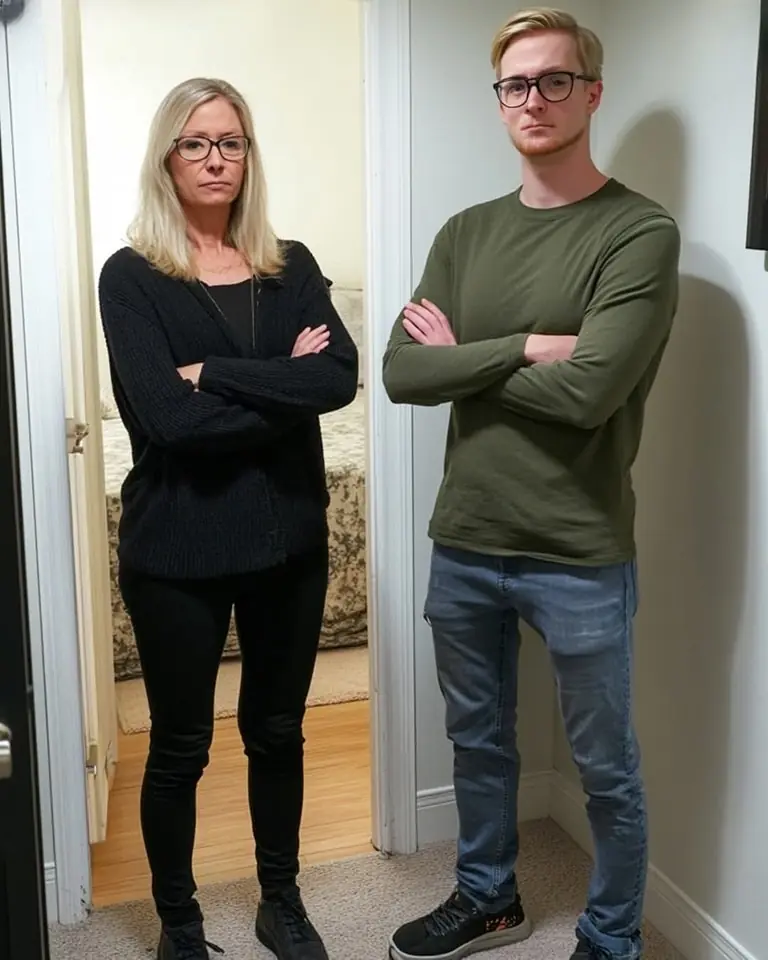
The Unexpected Family on the Other End of the Line
They Usually Say Curiosity Got the Cat, But in My Situation, It Helped a Desperate Family Find the Help They Had Needed for a Long Time. My Curiosity on the Day I Found That Broken Phone Also Ended Up Leading to a Happy Life I Never Anticipated.
It was a crisp morning when I stepped out of my house, the autumn air cool against my face. My mother, Helen, had already started breakfast, and like every morning, I was on my way to the bakery to pick up fresh rolls for her. Little did I know that this was going to be a very eventful day for both of us, a day that would forever be etched in the tapestry of our lives. The leaves on the trees lining our street were a vibrant mix of red, gold, and brown, a beautiful backdrop to the ordinary routine that was about to become extraordinary.
It was my mother’s and my little tradition to have breakfast together—something that made our small world feel stable and connected. You’re probably wondering why a 30-year-old successful man would live with his mother. Well, our bond was unbreakable, forged in the fires of shared hardship and unwavering love.
See, I never knew my father. He’d abandoned my mother when she told him about her pregnancy, leaving her to face the world alone with the burden of raising a child. So my mother was as lonely as I was, and to prevent that, we decided to live together, offering each other companionship and mutual support. Our small house was filled with the aroma of her cooking and the comfortable silence of shared understanding.
What about my romantic life, you ask? Well, I’m not exactly a social butterfly—never have been. My lack of conventional good looks also means that dating has always been a struggle, often filled with awkward silences and unreturned glances, and I’d long given up trying to navigate that complex world. Instead, I poured myself into my programming work, finding solace and satisfaction in the logical precision of code, spending my days crafting digital solutions and my nights tinkering with gadgets, always fascinated by how things worked.
That morning, as I strolled down the sidewalk, lost in my usual thoughts about upcoming projects and lines of code, my sneaker scuffed against something hard. I looked down and saw it—a phone, its screen shattered like a spiderweb, lying in the grass just off the curb. It looked as if it had been there for a while, exposed to the elements.
With my curiosity piqued, a natural inclination of my inquisitive mind, I picked it up. The casing was dented, the back partially peeled off, as if it had been run over by a car or perhaps had suffered a significant fall. It wasn’t a model worth much—an older keypad phone, the kind you only saw in hands that couldn’t afford better or preferred simplicity over the latest technology.
I turned it over in my hand, seeing an interesting challenge, a puzzle to solve. “Maybe I can fix it,” I murmured to myself, already imagining the process of taking it apart and trying to piece it back together.
Slipping it into my pocket, I continued to the bakery, the image of the broken phone lingering in my mind the entire time. It wasn’t just the damage—it was the way it was just lying there, abandoned, as if someone had discarded it in a hurry, leaving behind a silent story of loss or desperation.
By the time I arrived back home, the aroma of Mom’s freshly brewed coffee filled the air, and I had almost forgotten about the broken phone tucked into my pocket. My mom and I had the delicious breakfast she prepared with such care before we set about our Saturday, a day we usually spent on small household chores and quiet companionship. Remembering the broken phone, a sudden thought sparked in my mind, and I pulled out my own and removed its SIM card.
If the old phone was dead, maybe the SIM card inside still worked, I thought, a flicker of hope igniting within me that I might be able to return it to its owner. I carefully slid it into my backup phone and powered it on. A list of contacts appeared. Most were hospitals, schools, and emergency services, painting a picture of a life perhaps centered around care and necessity. Only one number was marked as a favorite—”Daughter.”
Something tightened in my chest, a wave of empathy washing over me. Who had lost this phone? And why did it seem like the only person they truly cared about was this “Daughter”? On impulse, an urge I couldn't ignore, I dialed the number. It rang once. Then twice.
A small, excited voice eventually answered. “Mom?!”
My breath caught. “I—no, I’m not your mom. I’m sorry for calling,” I quickly replied, ready to drop the call and dismiss it as a mistake, but the next thing the little girl said made me pause, a knot forming in my stomach.
“Where is she?” Her voice wavered slightly, laced with a vulnerability that tugged at my heartstrings.
“Um, I’m sorry, but I don’t know,” I admitted, feeling a growing sense of unease. “I found a broken phone and used its SIM card. Who are you?” I asked curiously, sensing that something was wrong, a feeling that went beyond a simple lost phone.
The girl hesitated, a moment of silence hanging in the air. “Julie. My mom went to the store yesterday and didn’t come back,” she revealed, her voice cracking with emotion, each word a tiny shard of pain.
A cold feeling spread through me, a premonition of something serious. “Julie, where’s your dad, grandma, or anyone I can speak to?”
“I don’t have a dad,” she said softly, a hint of sadness in her tone. “Or a grandma. Just Mom.”
I swallowed, my throat suddenly dry. “Do you know where you live?”
“Independence Street. Building seven, apartment 18.”
My hands gripped the phone tighter, my mind racing with possibilities, none of them comforting. “Okay, Julie, are you okay? Are you alone right now?”
“Yes, I’m okay and alone,” she whispered, a tremor in her voice that belied her words. “But my legs don’t work. I can’t leave.”
I stood abruptly, the chair scraping against the floor. “Your legs—what do you mean?”
“I have a wheelchair,” she said simply, matter-of-factly, as if it were just another detail. “But it’s hard to move with no one around to help me. I’m scared.”
I didn’t hesitate as my protective instincts kicked in, a surge of adrenaline coursing through me. “Julie, listen carefully. My name is Alan, and I’m coming to get you. I’ll be there soon, okay?”
“Okay,” she replied weakly, a sliver of hope perhaps in her voice, before I dropped the phone back onto its cradle.
My mother, who had been listening with wide eyes, immediately grabbed her coat, her face etched with concern. “You’re not going alone,” she said firmly, her maternal instincts kicking in. “If there’s a child in trouble, we need to help.”
This wasn’t how I had imagined spending my weekend, but it felt like the only right thing to do, a moral imperative overriding all other plans. Finding that phone when I did felt like fate, a guiding hand leading us to someone in need. We caught a cab, the urgency of the situation palpable in the silence, and arrived at the apartment complex in less than fifteen minutes.
It was a run-down building, the kind with flickering hallway lights casting long, dancing shadows and mailboxes stuffed with overdue bills, a stark contrast to the quiet comfort of our own home. The air hung heavy with a sense of neglect.
I held my breath, a knot of anxiety tightening in my stomach, as I knocked on Apartment Eighteen, uncertain of what I’d find on the other side of that worn door.
A soft, hesitant voice came through the door, barely audible. “Who is it?”
“It’s Alan,” I said, my voice calm despite the turmoil within. “I spoke to you on the phone.”
She replied, “The door’s open. Come in.”
The door creaked when I pushed it open just a few inches, revealing a dimly lit space. A tiny and frail little girl, no older than six or seven, peered up at me from a wheelchair in the makeshift living room, which looked sparsely furnished and worn. Her hair was unkempt, her face pale and full of sadness, and she looked at me with tired, wide eyes that seemed to hold a weight far beyond her years.
My heart clenched, a wave of compassion washing over me.
“Will you find my mom?” she asked, her voice trembling, tears welling in her eyes and threatening to spill down her cheeks.
At that moment, looking into those vulnerable eyes, I understood that the journey ahead would uncover truths I wasn’t ready to face, but it was too late to turn back now. This little girl needed us.
So I knelt in front of her, trying to meet her gaze at her level, and said, “We will, I promise. But first, let’s make sure you’re okay. Do you have food?”
She shook her head, her lower lip quivering slightly. “I ate a sandwich yesterday. That was the last one.”
“I’ll go find something in a bit,” I comforted her, offering a reassuring smile.
Taking a breath of resignation, the weight of the situation settling upon me, I asked, “Julie, what’s your mom’s name?”
“Victoria,” she said softly, the name a gentle whisper on her lips. “She never leaves me alone this long.”
That only made my anxiety worse, the silence amplifying the unspoken fear.
“She is the best mom ever and usually returns quickly when she goes out to run errands, but this time, she didn’t. I tried calling her, but her number didn’t go through. None of the neighbors would come to check on me because people here keep to themselves,” the little girl confessed, her voice filled with a heartbreaking mix of fear and loneliness.
My heart ached, and my mind raced, trying to piece together the fragments of this unfolding crisis. I realized that this wasn’t a simple case of a mother running late. Something was terribly wrong. Julie’s mother had gone missing, and now she was alone, in a wheelchair, unable to move properly, with no one to rely on but a stranger who found a broken phone.
But we were here now, and I couldn’t abandon her. So I said, “I’m going to look for food. My mom, Helen, will stay here with you, okay?”
“Okay,” Julie replied, her eyes fixed on my mother, who offered a warm smile.
When I returned with some groceries from a nearby store, my mother quickly prepared a simple meal for the little girl, who scarfed it down hungrily, a testament to her hunger, as we sat together in the small, quiet apartment. I knew we couldn’t waste time. We needed to find Victoria as soon as possible.
Whipping out my phone, my fingers flying across the screen, I searched online, checking local news reports, and my stomach dropped when I found it: a woman matching Victoria’s description had been hit by a Ford yesterday on Parkova Street, a road not too far from Julie’s apartment. She was in critical condition at a local hospital. The details sent a shiver of dread down my spine.
I called the hospital immediately, my heart pounding in my chest, but had to ring more than once to get through the busy line, each unanswered ring adding to my growing fear.
“Yes,” the nurse who answered finally confirmed after I explained who I was and that I was with Victoria’s worried daughter. “A Victoria Lawson was admitted yesterday. She’s stable now but unconscious. We couldn’t reach any family.”
My chest tightened, a wave of relief mixed with profound concern. “I’m coming,” I said without bothering to wait for a response, hanging up the phone with a sense of urgency.
My mother and I decided it would be best if we dropped Julie off at our apartment while we went to the hospital to confirm whether the patient was indeed her mother. It was safer for her there.
We had to reassure Julie, who was understandably anxious, that she was safe with our friendly neighbor, Maureen, a kind woman with a grandmotherly demeanor who gladly offered to watch her in our absence, promising to keep her entertained with stories and games.
When Helen and I got to the hospital, I explained everything to the staff, the unusual circumstances of how we found Victoria’s daughter. The nurse hesitated, her expression a mix of surprise and sympathy, but eventually said, “She just regained consciousness a little while ago. She’s very weak, and her condition is still quite serious, but I’ll try talking to her about everything. Maybe she’ll want to see you.”
When the nurse returned, her face held a hopeful smile, a beacon in the sterile environment of the hospital. “She’s willing to see you, but please don’t take too long. She needs her rest.”
We entered her room cautiously, the air thick with the smell of antiseptic. Victoria was pale, her face bruised and bandaged. Her eyes fluttered open when I stepped closer, a flicker of recognition in their depths.
“Who…?” she rasped, her voice weak and strained.
“My name is Alan, and this is my mother, Helen,” I said gently, trying to keep my voice soothing. “I found your phone, and I spoke to Julie. She’s waiting for you.”
Tears welled in her eyes, overflowing and tracing paths down her bruised cheeks. “Julie… is she okay?!”
I nodded, offering a small, reassuring smile. “She’s scared, but she’s alright. She’s been waiting for you to come home.”
Victoria turned away, a wave of guilt washing over her face. “I never wanted this.”
I pulled up a chair and sat beside her bed. “Victoria, what happened?”
She swallowed, a visible effort. “I was hit on my way to get medicine for Julie. She has a condition… I’ve been trying to save up for surgery, but it’s impossible. I have no family. I was adopted as a child—no relatives, no safety net. I’m an orphan. It’s just been me and Julie for as long as I can remember.”
My heart ached for her, the weight of her struggles heavy in the room.
“We weren’t supposed to be in this situation. After I divorced Julie’s abusive father, I was left with nothing, and I’ve been struggling ever since, working multiple jobs just to make ends meet. My ex-husband and his family won’t help me, and I didn’t know who else to turn to. I felt so alone.”
She continued, her voice shaking with exhaustion and despair. “I never wanted Julie to feel abandoned, but I was too scared to reach out for help. I thought if I kept quiet about our situation, maybe no one would find out how I’d failed as a parent.”
“I couldn’t afford a car, so I walked everywhere, relying on public transportation and my own two feet. Last night, I was hurrying home, worried about leaving Julie alone for too long, when the accident happened. I was so scared when I came to, not for myself, but because I knew Julie was alone and helpless,” she revealed, her voice barely a whisper.
I exhaled, gripping the arms of my chair, the enormity of their situation sinking in. “You’re not alone anymore.”
Her gaze lifted, wary but hopeful, searching my eyes for sincerity.
I made a decision right then, an unwavering resolve solidifying within me. “I’ll help you. Julie deserves a chance, a healthy and happy life.”
I reached out to some contacts I had in the medical field, and with the help of generous donations from friends and even strangers who were touched by their story, and a compassionate specialist who offered his services pro bono, we arranged for Julie to have the life-changing surgery she desperately needed. It was a long and arduous process, filled with anxieties and small victories, but one that ultimately changed everything for all of us.
Months later, after the surgery and extensive physical therapy, I watched with tears in my eyes as Julie took her first independent steps. It was shaky, and she clung tightly to my hand for support, but she was walking, a miracle unfolding before us! Victoria, who had fully recovered from her injuries, stood beside me, tears of joy streaming down her face as she witnessed her daughter’s triumph. She turned to me, her voice barely above a whisper, filled with profound gratitude. “I don’t know how to thank you, Alan.”
“You don’t have to,” I said, my heart full.
We became something more than just strangers who had crossed paths due to a broken phone. Over time, Julie and I grew incredibly close, our bond deepening with each shared story and game, and my connection with her mother blossomed into a profound affection, built on mutual respect and the shared love we had for Julie. Eventually, our relationship turned into something deeper and more meaningful than I could have ever imagined.
I never expected to have a family, especially not in this unconventional way, but now, standing beside Victoria, the woman I’d fallen in love with and married, and Julie, the brave little girl whom I had the privilege to save and eventually adopt as my own daughter, I realized I had found the family I never knew I longed for.
And I wouldn’t trade it for anything in the world. Our little family, born from a broken phone and an act of kindness, was a testament to the unexpected beauty and connections that life can offer.
News in the same category

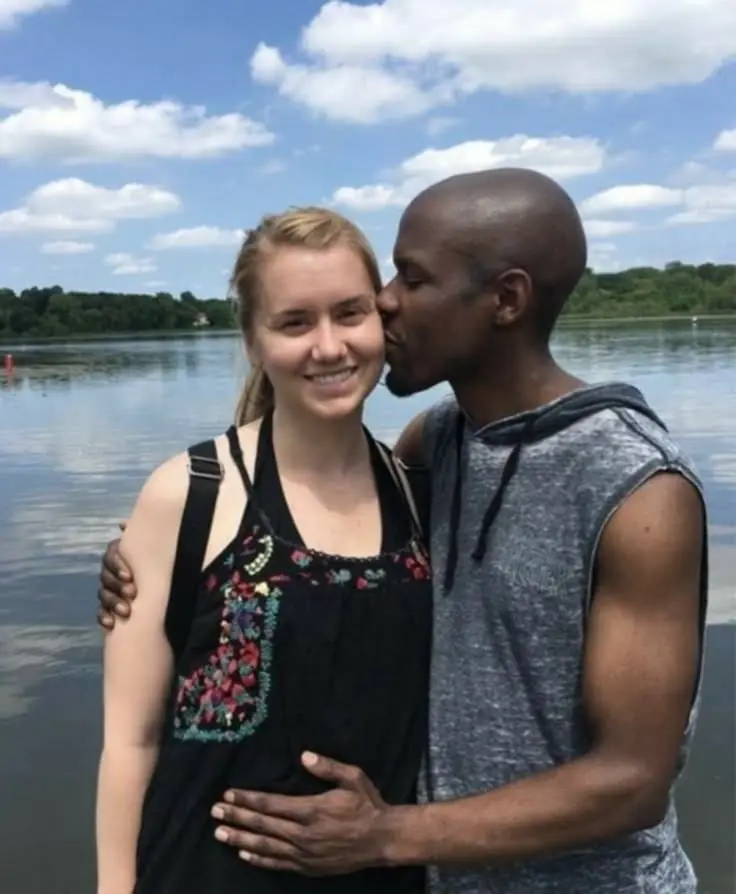
He Put His Hand On My Belly—Right In Front Of My Parents
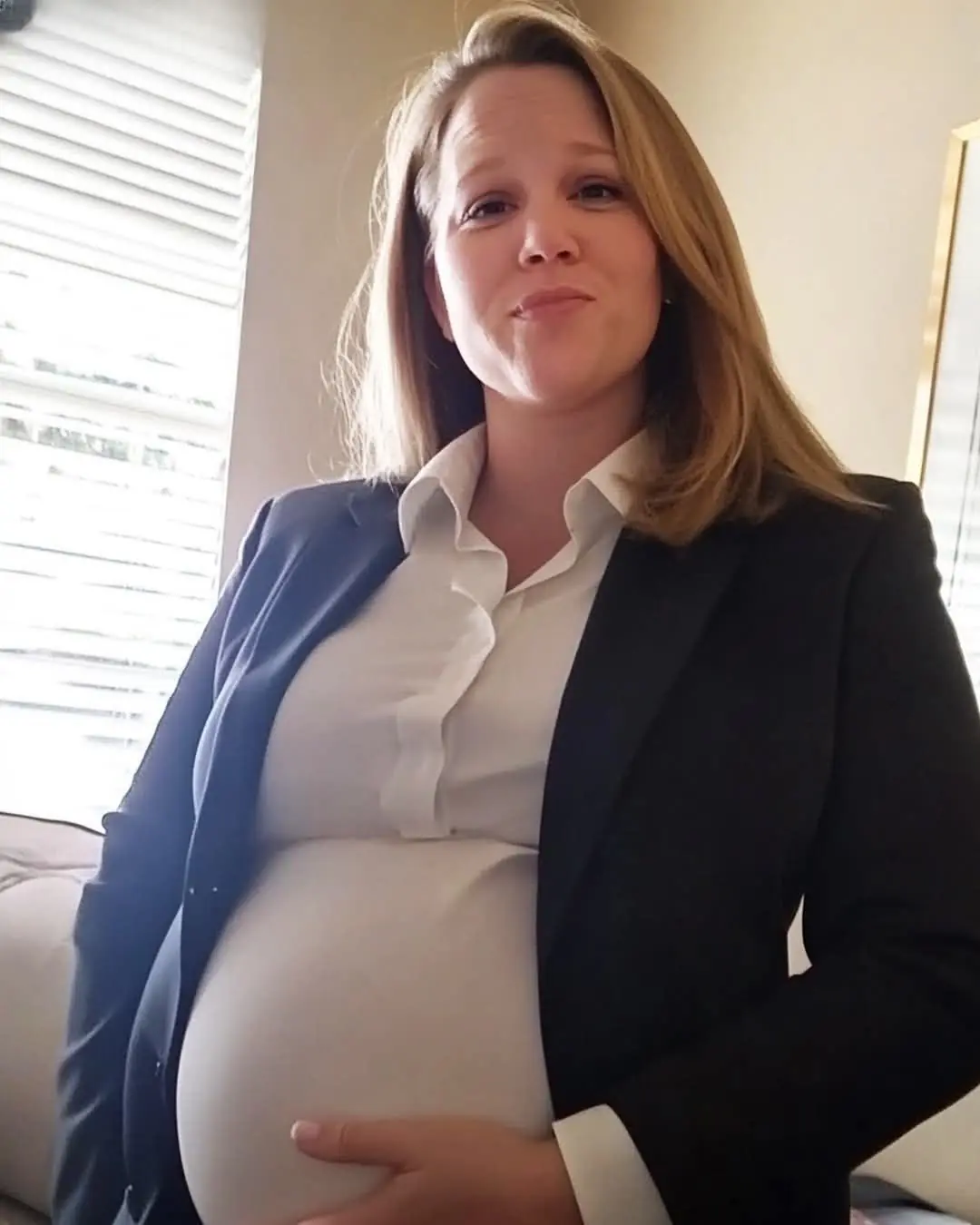
My Husband Called Me Lazy for Wanting to Quit My Job While 7 Months Pregnant – So I Taught Him a Lesson He’ll Never Forget
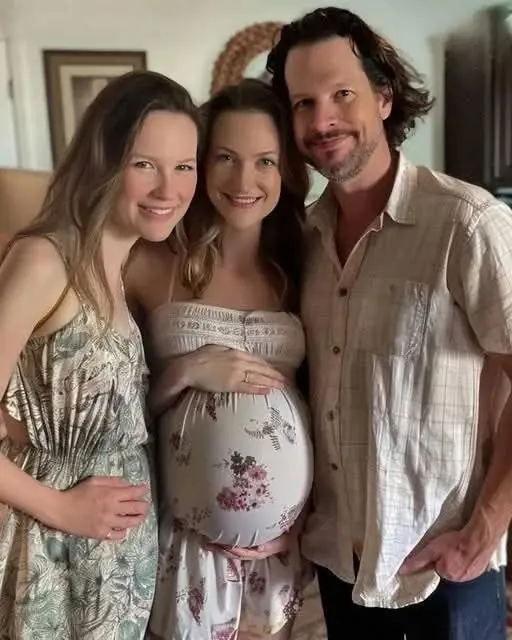
My Ex-Husband Asked Me to Be a Surrogate for Him and His New Wife – It Ended Not as He Expected
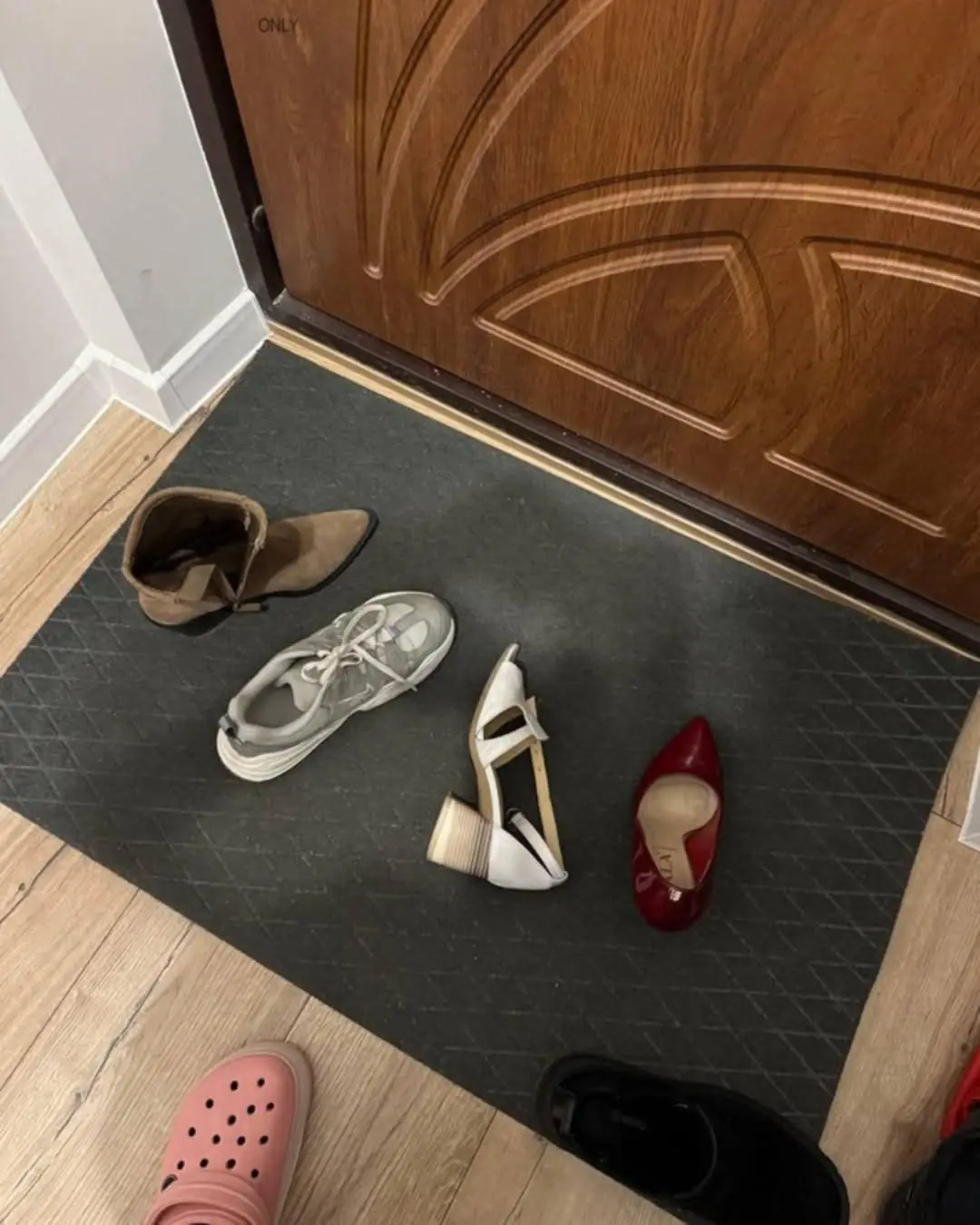
All of My Right Shoes Kept Going Missing – When I Finally Found Out Why, It Shook Me to My Core
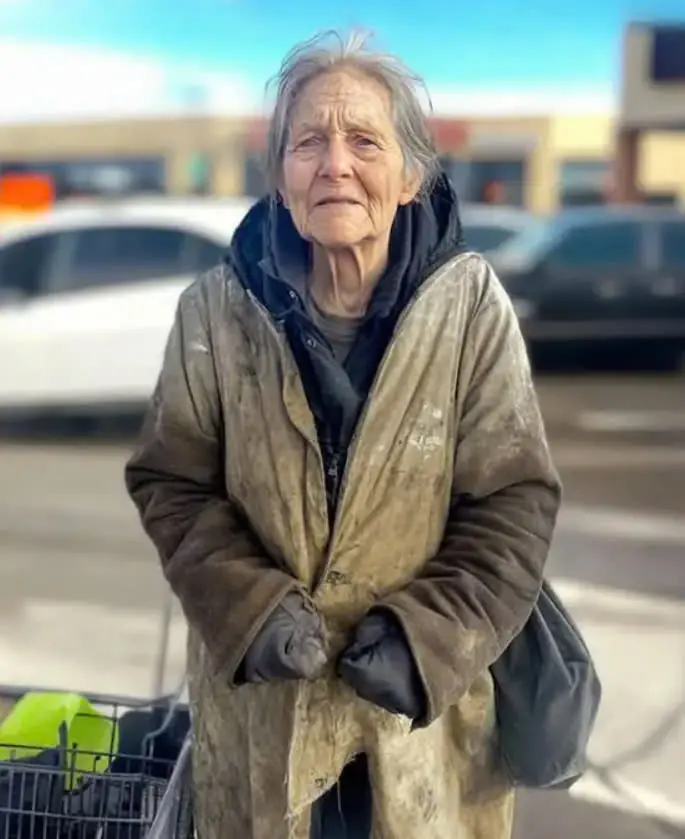
When a New Beginning Uncovered Hidden Secrets: The Basement Discovery That Redefined My Life

After two years, a woman notices the bracelet she crafted for her missing son on a waiter’s wrist

My husband and his mom got rid of my cat while i was away — but they never expected my neighbor to help me get revenge

After decades, my grandmother’s first love reached out_Evelyn's Second Chapter"

"A Halloween of Promises and Hope"
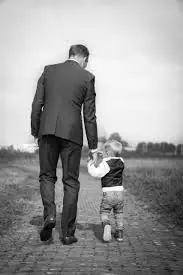
Dad Left to Find Himself: The Untold Story of a Family Shattered and Rebuilt

My Husband and In-Laws Demanded a DNA Test for Our Son—I Agreed, but Only on One Condition

My Son Hadn’t Talked In Years Until His Sister Sang This Song.

He Lost Everything—But He Refused To Let Go Of Her

Wealthy Man Finds a Child’s Letter to Santa Asking to Save His Mother’s Life

The Mother-in-Law Mocked Her Son’s Wife for a Long Time

He Mocked His Wife for Being “Just a Housewife” — Until She Walked Away and Took His World with Her
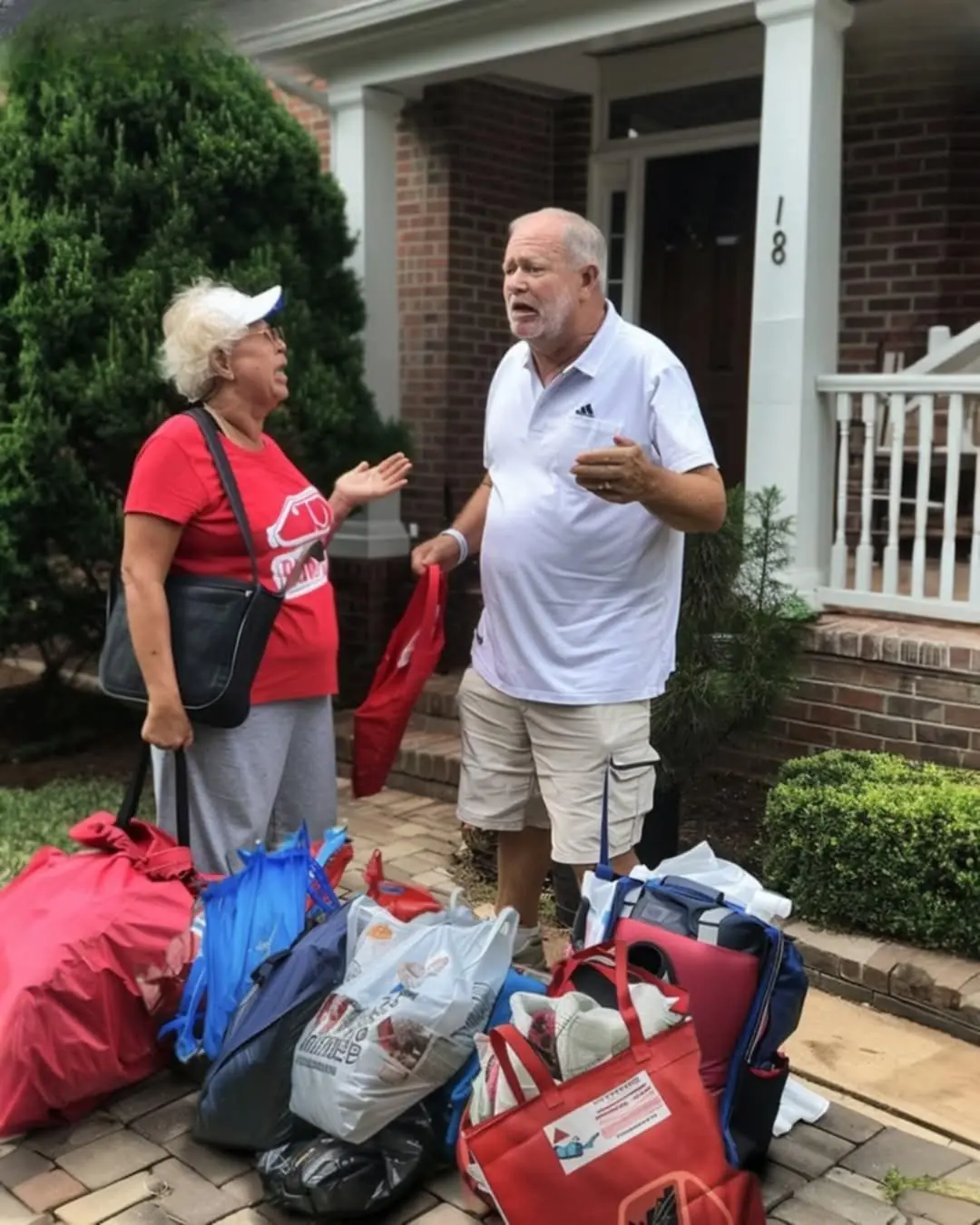
I Bought My Dream Home – Then My Husband’s Family Decided to Move In Without Asking

My Husband Told Me He Would Kick Us Out If I Had a Girl
News Post
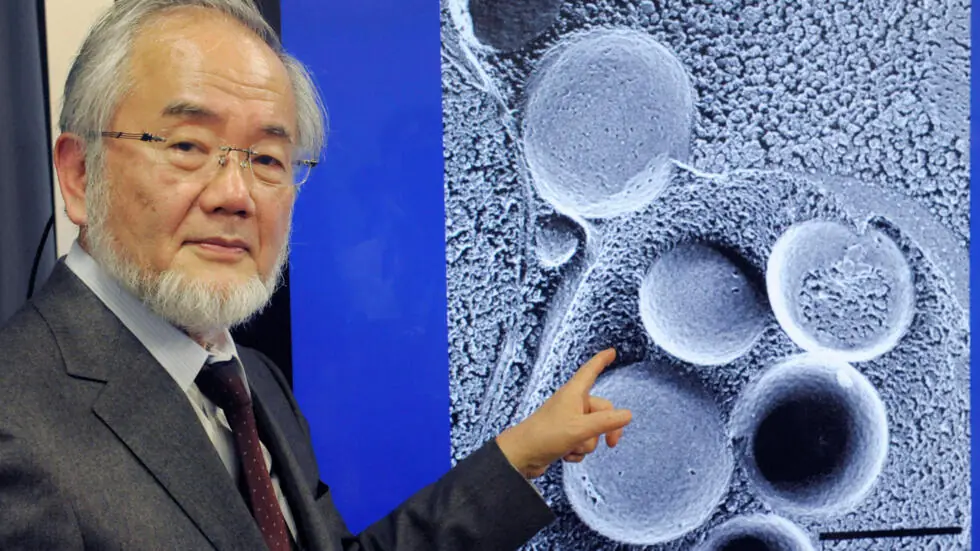
The Science Behind Autophagy: How Your Body Cleanses Itself
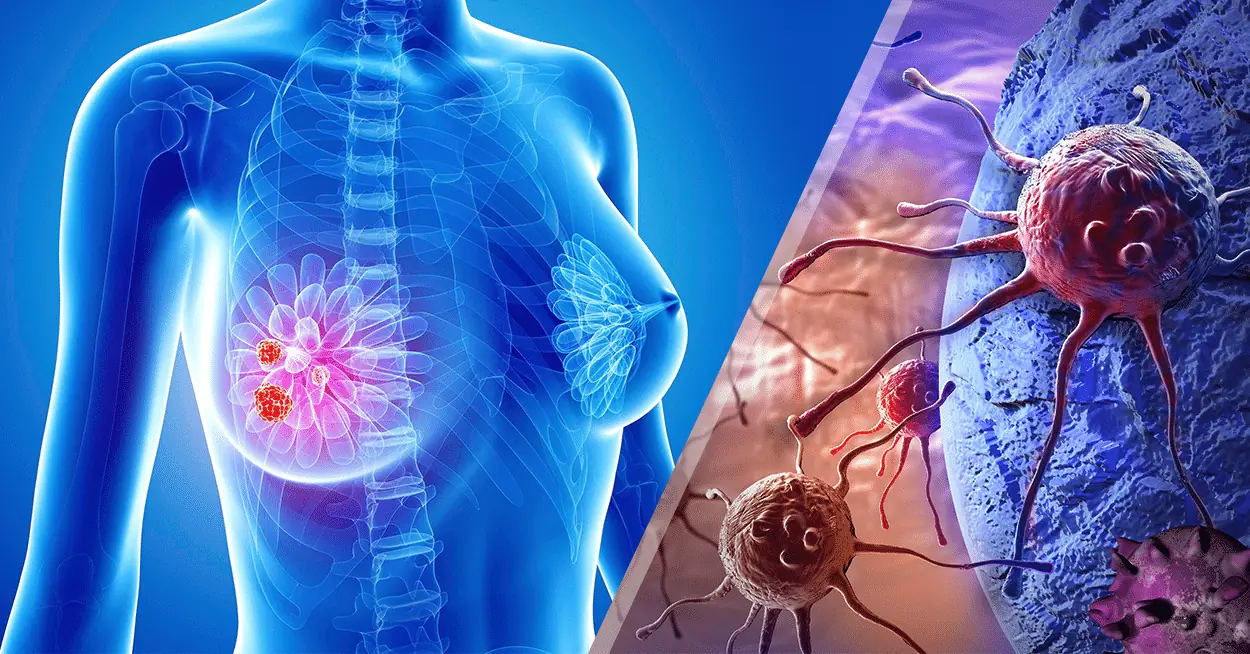
Teen Girls See Big Drop in Chemical Exposure with Switch in Cosmetics
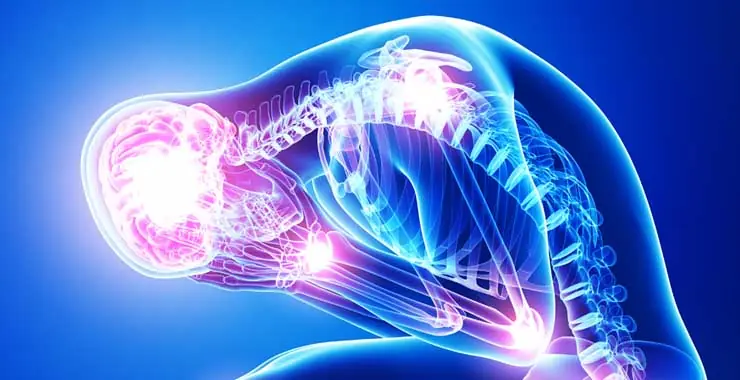
11 Minute Practice to Slow Down & De-Stress

My Fiancé’s Mom Told Him to Leave Me for a Richer Woman

He Put His Hand On My Belly—Right In Front Of My Parents

My Husband Called Me Lazy for Wanting to Quit My Job While 7 Months Pregnant – So I Taught Him a Lesson He’ll Never Forget

My Ex-Husband Asked Me to Be a Surrogate for Him and His New Wife – It Ended Not as He Expected

All of My Right Shoes Kept Going Missing – When I Finally Found Out Why, It Shook Me to My Core
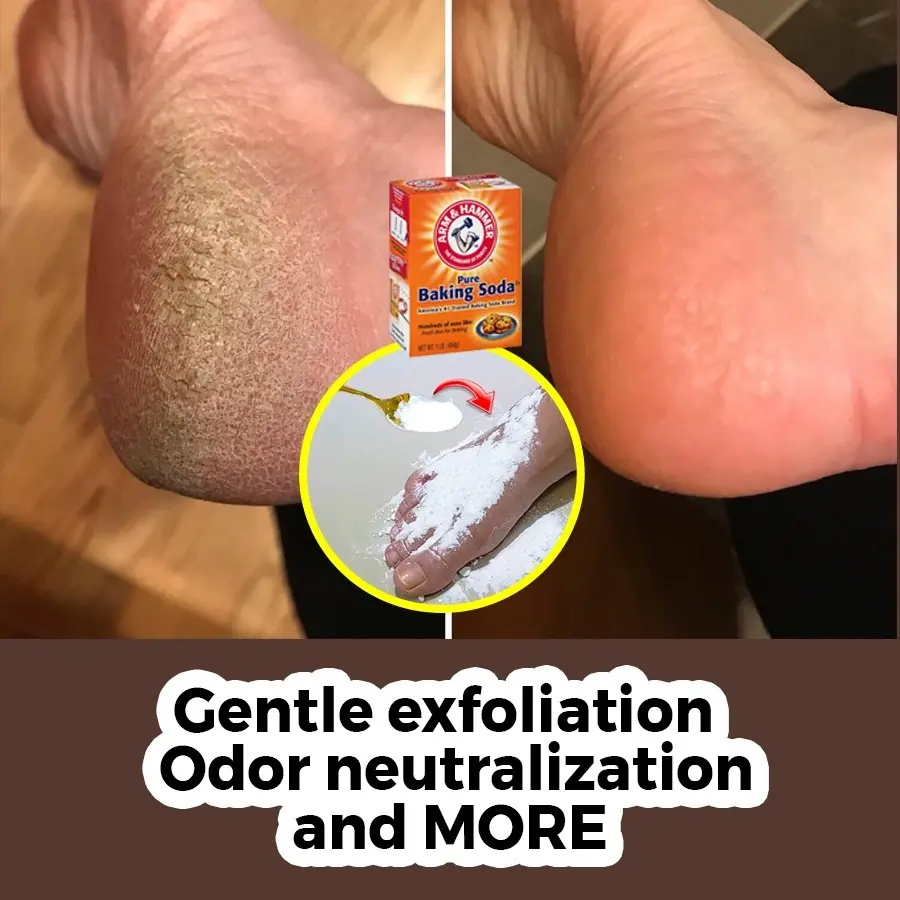
The Ultimate Guide to Using Baking Soda for Foot Care

When a New Beginning Uncovered Hidden Secrets: The Basement Discovery That Redefined My Life
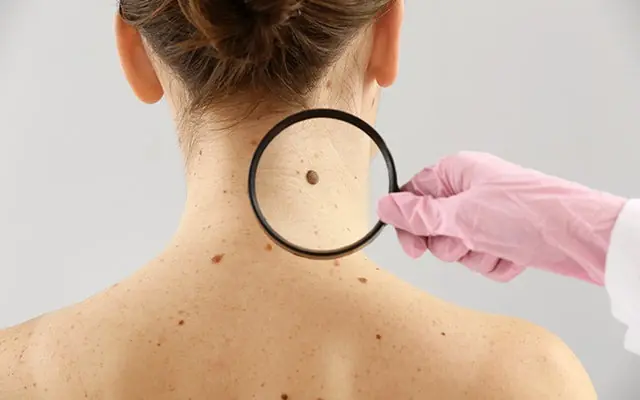
5 Subtle Skin Changes That Could Signal Cancer
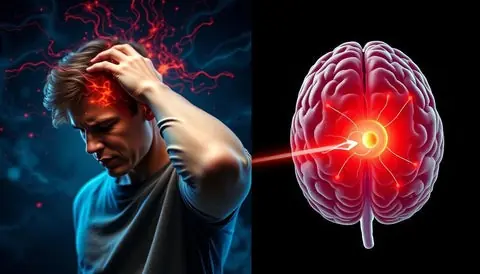
12 Early Warning Signs of an Aneurysm You Shouldn’t Ignore
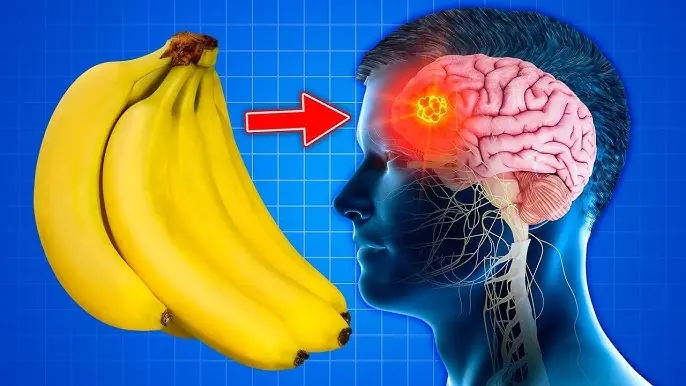
Eat Bananas Every Day? Here’s What Happens to Your Body

Refreshing and Healing: How to Make and Use Lemongrass Tea

One year ago: Discovering the Hidden Potential of Basil Flowers – Everything You Can Do With Them.

How dare you even touch the patient
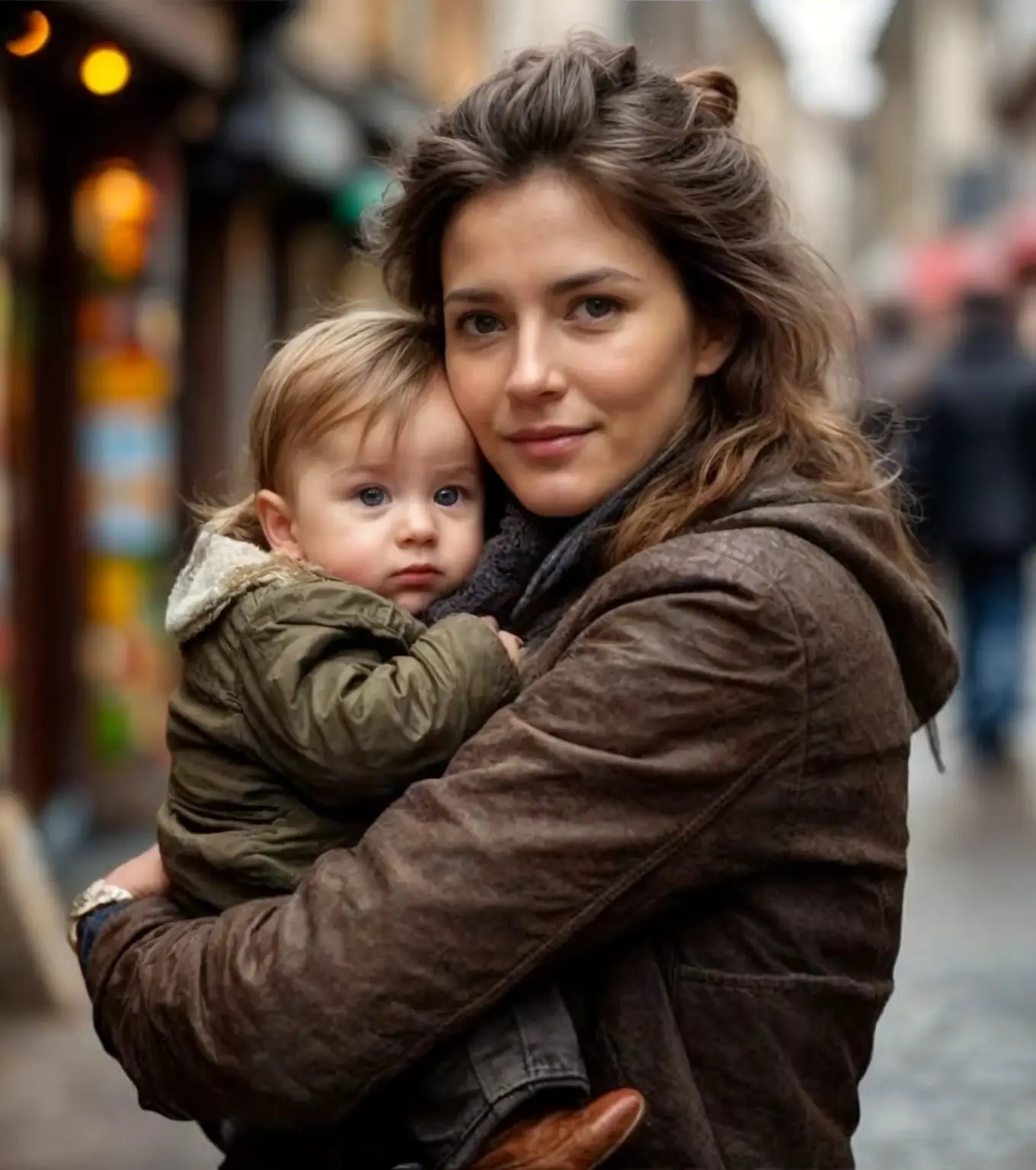
My mother-in-law, who works with me, humiliated me in front of the entire office
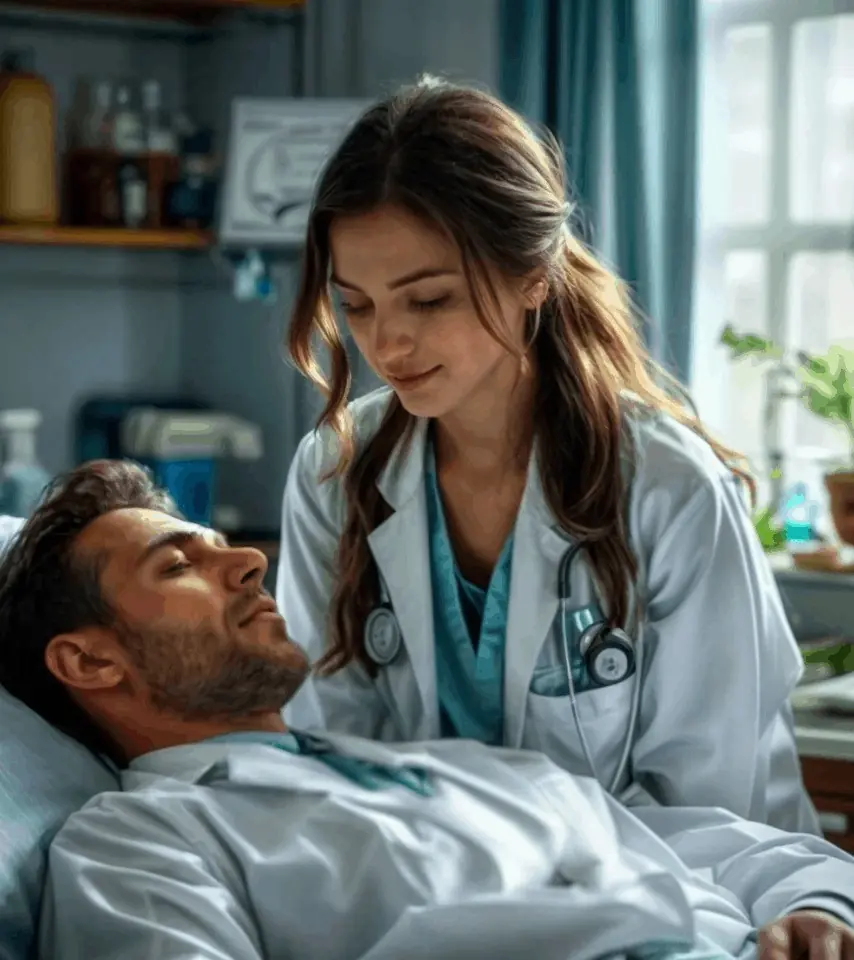
The experienced doctor was only hired as a nurse after prison
